Apple trees
Fruit tree young plants from Lubera Edibles - The new Treelings®
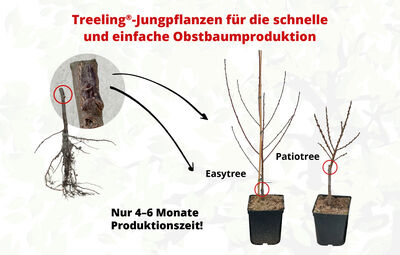
We can offer a few fruit tree species, such as cherries, as ungrafted young plants. But for most fruit trees this is still not possible or leads to a juvenile and infertile phase of the young trees that is too long. However, which young plants are available to producers of container plant products who wish to grow fruit trees in pots? And what should this fruit tree young plant product look like so that it is easy to process and allows a relatively short production period?
Read moreFor those who come too early...new data on berry demand AFTER spring
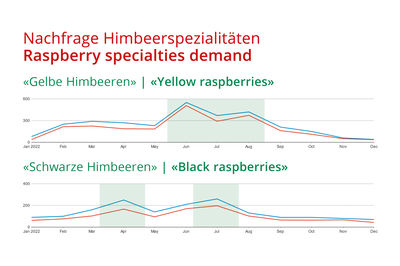
Traditionally, soft fruit plants are delivered to sales outlets and sold off in early spring. Depending on the season, there may or may not be additional deliveries. Using Google data, we show that the demand for certain types of fruit (or the corresponding terms) is sometimes continuous throughout the year or that there is a second peak after spring when the fruit in question is ripe. But can this effect also be demonstrated in specific plant sales? Are we perhaps systematically selling many...
Read moreThe exclusive Lubera Edibles assortment poster – all 'edible' young plants at a glance
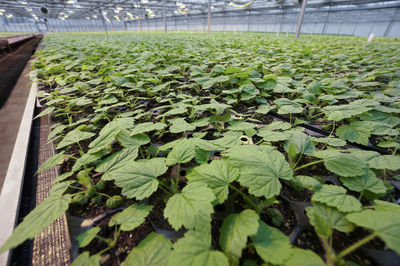
As in so many industries and areas of everyday life, the trend is moving towards more online-based advertising and paperless communication. However, at the moment, we do not want to do without print media entirely. Last autumn, for example, we were already able to present our current young plant catalogue for 2020. Many of you have already received the printed version and at the same time our young plant catalogue is also available at luberaedibles.com in the download area.
Read moreDwarf genes...what plant dwarfs are made of
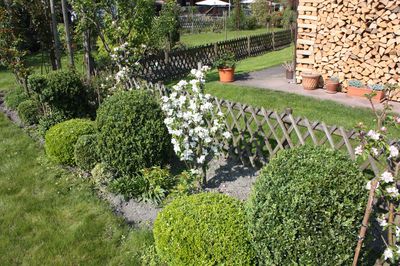
We are often asked where the dwarf growth properties of Lowberries®, but also of Maloni® and Pironi®, our compact growing, bushy pear and apple trees, come from. How do breeders get such properties, how do they recognise and develop them?
Read more5 reasons for breeding fruit and berry plants for home gardens
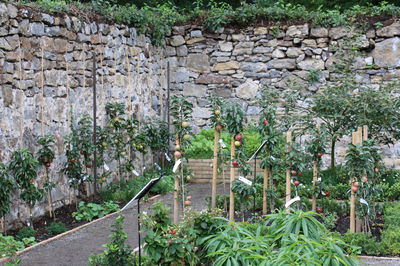
With Lubera® and Lubera® Edibles we are asked again and again, why we would have our own elaborate breeding programmes when there are so many fruit and berry breeding programmes worldwide from which one could use. Our short answer is this: because worldwide there are no fruit and berry breeding programmes that are especially geared towards the home garden. Almost the entire breeding efforts of universities, research stations and increasingly also of private breeders are aimed at...
Read moreThe availability list of Lubera Edibles – more up to date, more complete and clearer
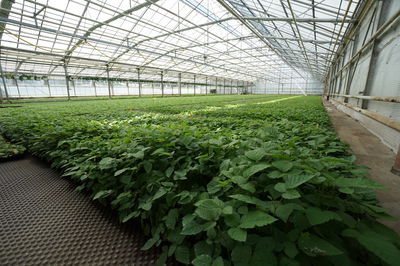
With the founding of our young plant distribution company Lubera Edibles GmbH, we have not only aligned our marketing concept and our online presence with that of our sister company Lubera, we have also taken over key elements from the former distribution company. One of these key elements was, is and remains the availability list. Previously only updated from time to time and delivered upon customer request, the newly revised availability list with a similar layout is now always accessible on...
Read moreOur assortment of 'edible' young plants

As the new company name, Lubera Edibles®, already suggests, we are expanding our range of young plants from classic soft fruits, such as raspberries, blackberries or blueberries, to anything that can be consumed in any way. This includes edible fruits like kiwis, apples and pears. Or edible roots such as horseradish, Jerusalem artichoke or potato. But also edible leaves, petioles, flowers such as sea kale, tea or rhubarb. We would like to introduce our most important groups of crops in the...
Read moreFruit Trees, now new and available!
Fruit trees are now also available in the 'Lubera Edibles' range! From this year these trees will also be available as young plants ... in this video Markus Kobelt explains more about the pear, apple and stone fruit trees which will be being produced for the professional grower.
Markus Kobelt MD of 'Lubera' and Rupert Mayer MD of 'Mayer', together, make up the young plant producers of the brand new 'Lubera Edibles'.
'Lubera Edibles' is the young plant division of Lubera, it provides a large...
Read moreFruit tree young plants – the young plant innovation at Lubera Edibles®
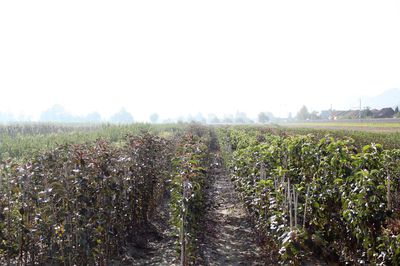
In addition to the young plants from the classic berry fruit, we are able to offer fruit tree young plants for the first time starting in the spring of 2019. At the start, our assortment only contained pome fruit. All varieties offered by us come from the innovative breeding lines of our sister company Lubera®. These varieties have been specially bred and selected for the demands in the home garden. They are characterised by a very good flavour, superior health and partly by an extremely compact...
Read more